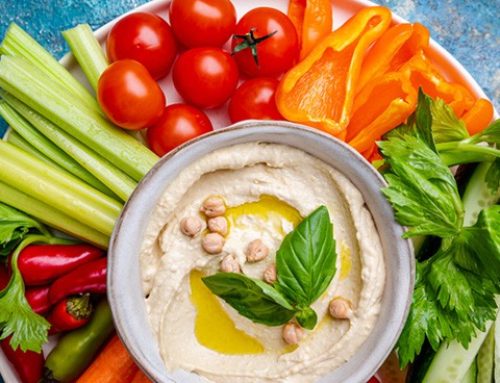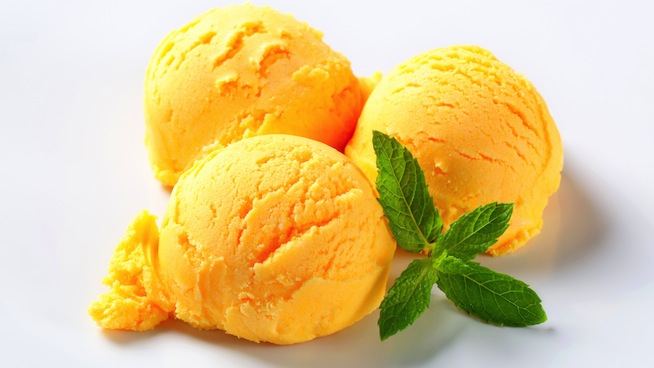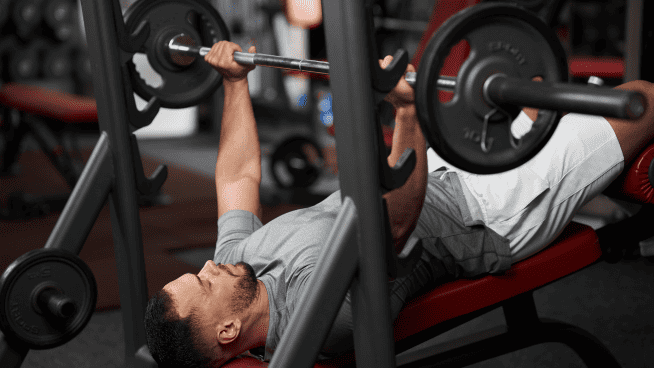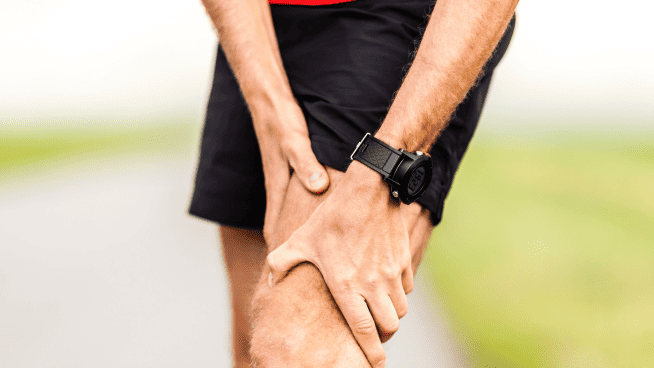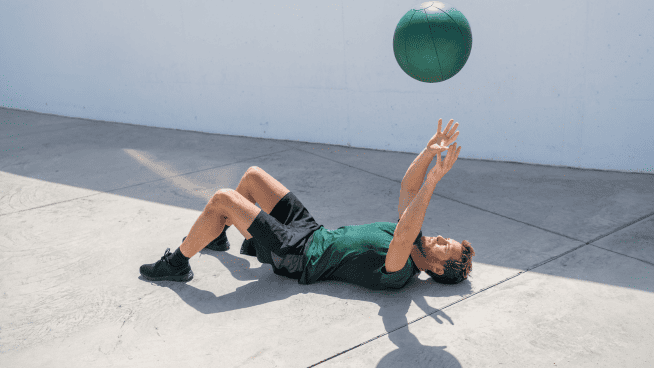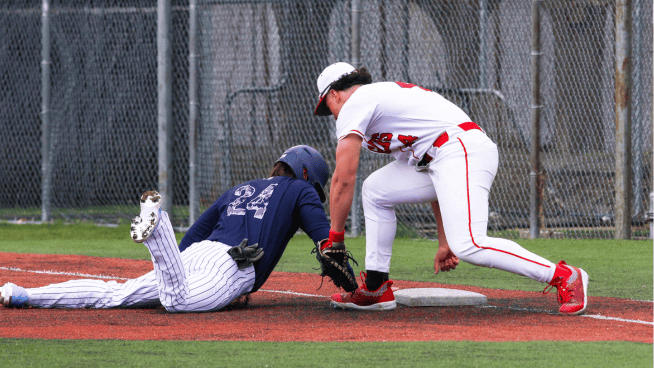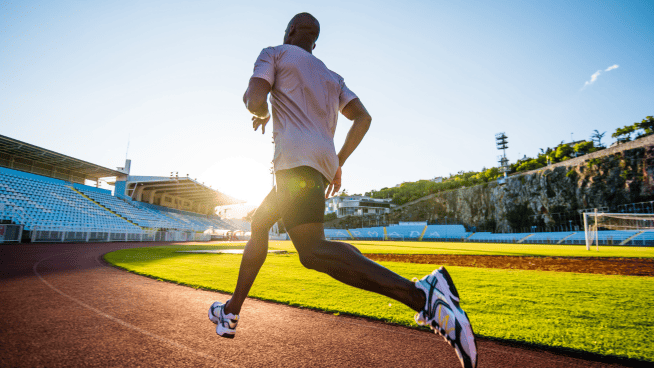Pre-Workout Snacks to Help You Achieve Maximum Results
What you eat before a workout has a huge impact on your performance and recovery. Eating the right foods before training helps fuel your workouts and prevents low blood sugar. You’ll also experience faster recovery and better results. If you don’t consume enough food, your workout intensity and benefits will suffer.
Sometimes you may feel some discomfort when eating before a workout, but that’s likely due to eating the wrong types of food. Pre-workout meals high in fat take longer to digest, which can cause fullness, cramping and general discomfort. To avoid this issue, opt for snacks with carbs and protein.
The best time to eat is 30 to 60 minutes before exercise. The best pre-workout meals have carbohydrates and some protein to promote greater muscular endurance, provide energy and help speed recovery. A pre-workout meal should contain 20 to 30 grams of carbohydrates, such as you get from a banana, half a bagel or a cup of cereal. You can get your protein through peanut butter or yogurt. Smoothies and protein bars are “combination foods” that contain both carbs and protein.
I recommend testing different options before a practice, workout or training run. You don’t want to try new fuel the day of a big game or race. Make sure your body can handle the pre-workout snack without causing nausea or an upset stomach. If whole food items (grains, beans, fruits, vegetables and some dairy) upset your stomach, a liquid meal or smoothie may be a better option.
Here are some examples of pre-workout meals, each of which contains protein and 20 to 30 grams of carbohydrates.
- Banana with one tablespoon of peanut butter
- Smoothie made with protein powder and fruit
- Trail mix with nuts and raisins (1 oz.)
- Granola (1/2 cup) with sunflower seeds and almonds
- Rice (1/2 cup) with almonds
- Protein bar with carbohydrates, such as a Zone Bar or Detour Bar
For a comprehensive meal plan that goes beyond pre-workout prep, check out the STACK Meal Plan Guide.
Sources:
- Clark, Nancy. Nancy Clark’s Sports Nutrition Guidebook, 3rd Edition. Human Kinetics, 2003.
- Ivy, John and Portman, Robert. Nutrient Timing for Peak Performance. Basic Health Publications, 2004.
Photo: askmen.com
Kait Fortunato earned her bachelor’s degree in dietetics and completed her internship through the University of Maryland. She focuses on individualized nutritional recommendations for athletes of all ages and activity levels, and she is an active member of the Sports Dietetic Practice Group of the Academy of Nutrition and Dietetics. Visit dietitianindc.blogspot.com for running and recipe updates.
RECOMMENDED FOR YOU
MOST POPULAR
Pre-Workout Snacks to Help You Achieve Maximum Results
What you eat before a workout has a huge impact on your performance and recovery. Eating the right foods before training helps fuel your workouts and prevents low blood sugar. You’ll also experience faster recovery and better results. If you don’t consume enough food, your workout intensity and benefits will suffer.
Sometimes you may feel some discomfort when eating before a workout, but that’s likely due to eating the wrong types of food. Pre-workout meals high in fat take longer to digest, which can cause fullness, cramping and general discomfort. To avoid this issue, opt for snacks with carbs and protein.
The best time to eat is 30 to 60 minutes before exercise. The best pre-workout meals have carbohydrates and some protein to promote greater muscular endurance, provide energy and help speed recovery. A pre-workout meal should contain 20 to 30 grams of carbohydrates, such as you get from a banana, half a bagel or a cup of cereal. You can get your protein through peanut butter or yogurt. Smoothies and protein bars are “combination foods” that contain both carbs and protein.
I recommend testing different options before a practice, workout or training run. You don’t want to try new fuel the day of a big game or race. Make sure your body can handle the pre-workout snack without causing nausea or an upset stomach. If whole food items (grains, beans, fruits, vegetables and some dairy) upset your stomach, a liquid meal or smoothie may be a better option.
Here are some examples of pre-workout meals, each of which contains protein and 20 to 30 grams of carbohydrates.
- Banana with one tablespoon of peanut butter
- Smoothie made with protein powder and fruit
- Trail mix with nuts and raisins (1 oz.)
- Granola (1/2 cup) with sunflower seeds and almonds
- Rice (1/2 cup) with almonds
- Protein bar with carbohydrates, such as a Zone Bar or Detour Bar
For a comprehensive meal plan that goes beyond pre-workout prep, check out the STACK Meal Plan Guide.
Sources:
- Clark, Nancy. Nancy Clark’s Sports Nutrition Guidebook, 3rd Edition. Human Kinetics, 2003.
- Ivy, John and Portman, Robert. Nutrient Timing for Peak Performance. Basic Health Publications, 2004.
Photo: askmen.com
Kait Fortunato earned her bachelor’s degree in dietetics and completed her internship through the University of Maryland. She focuses on individualized nutritional recommendations for athletes of all ages and activity levels, and she is an active member of the Sports Dietetic Practice Group of the Academy of Nutrition and Dietetics. Visit dietitianindc.blogspot.com for running and recipe updates.



